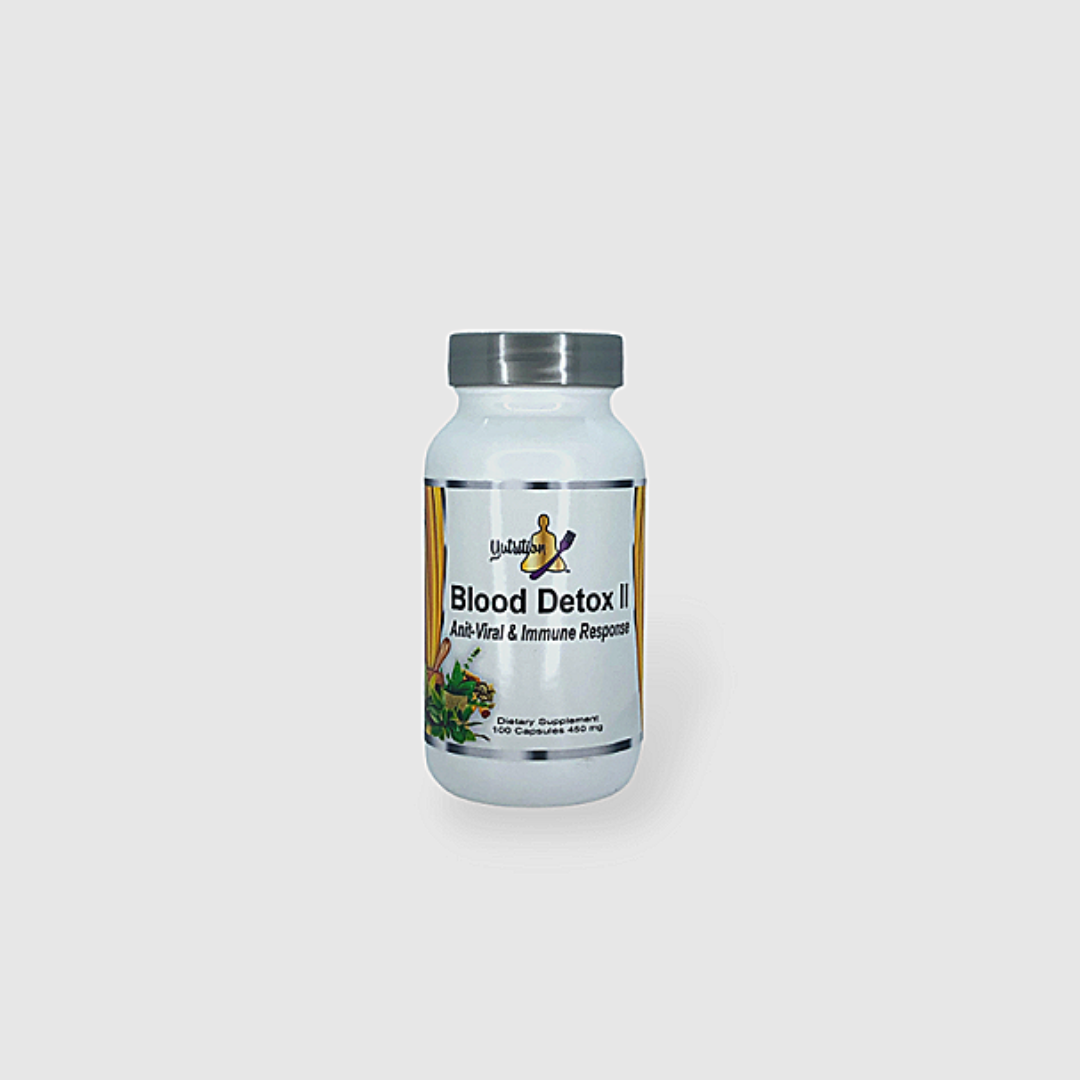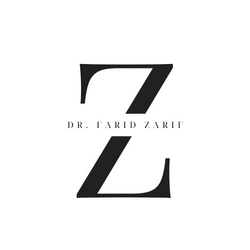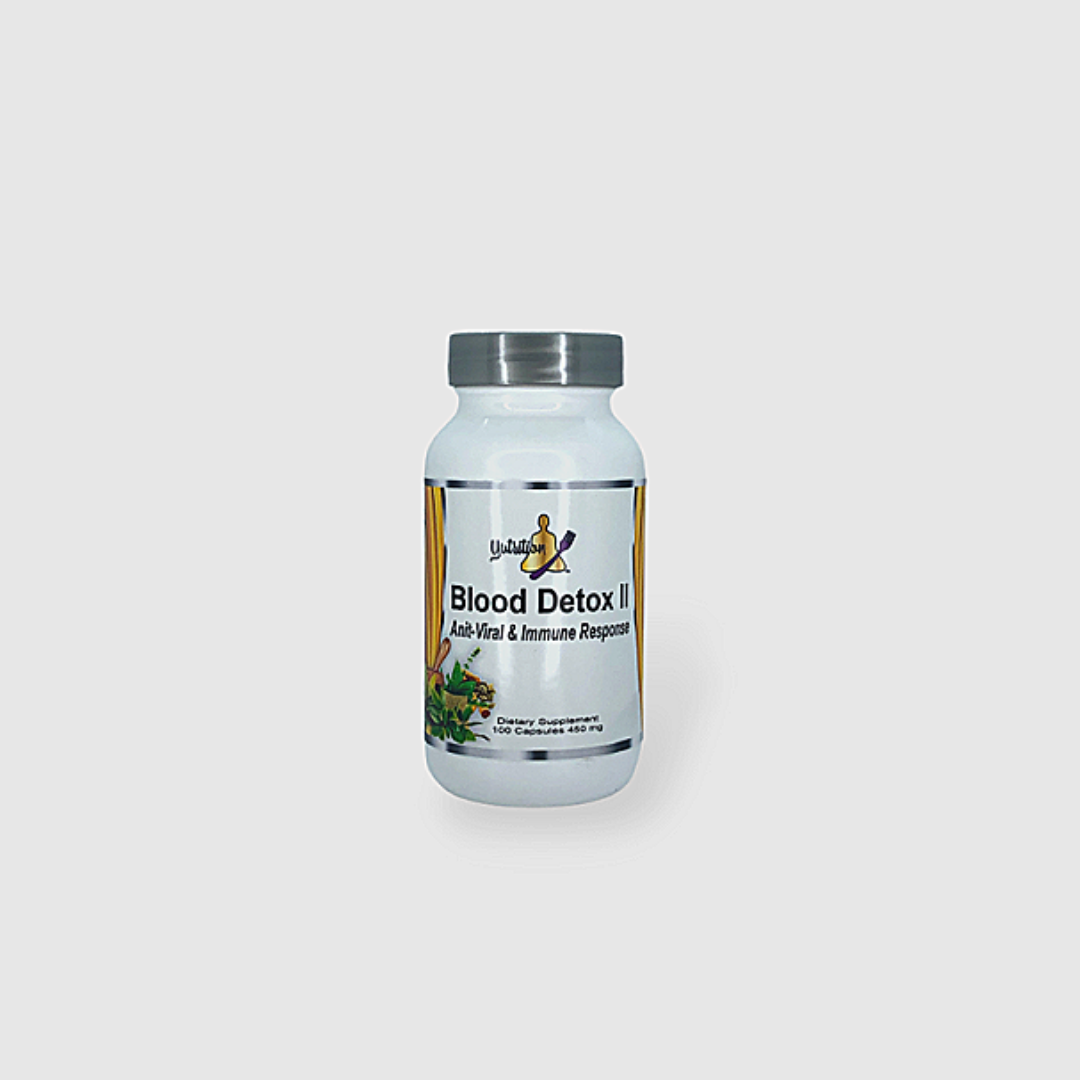Executive Life Diet Store
Blood Detox II
Couldn't load pickup availability
BLOOD CLEANSER PHASE II
Someone asked if there was any herb that looks beautiful, tastes good and is beneficial to your health. Well, the first one that comes to mind is red clover, which is the first ingredient in this blood cleansing formula. As with alfalfa, red clover sends its roots far into the ground. This makes it possible for it to draw upon an abundance of minerals. Due to its high content of several important nutrients, including vitamins and minerals, red clover has become a dependable nutritive supplement in all forms of degenerative diseases.
For hundreds of years, red clover has been used alone and in combinations as an herb that would retard the growth of cancer. Most doctors, the FDA and some herbalists said that red clover was a hoax and wouldn’t help cancer. However, researches in the National Cancer Institute have now found anti-tumor properties in red clover. For tumors to grow, they need a blood supply. Tumors send out biochemical signals that coax the body into growing blood vessels right into them, a process call angiogenesis. A compound with an anti-antiogenesis effect is genestein, contained in red clover.
Down through the ages, red clover has been known as a depurative, or an herb that is a blood purifier. In the past, it used to be the custom to carry out a program of cleansing the blood every spring to purify the system and purge it of winter’s metabolic wastes. Some medical practitioners may turn up their noses, discarding the ideal of blood cleansing as being unscientific, but there is no doubt that such herbal cleansing stimulates the body’s mechanism and in this way achieves an overall cleansing effect. Since ancient times, people have felt that the blood and the circulatory system can and should be purified from time to time.
Red clover is also known as an alternative that alters the condition of the body, as a diuretic that aids the urinary system and as an antiseptic which helps to inhibit bacteria. Native Americans used the plant for sore eyes and in a salve for burns, and also as an expectorant for whooping cough and asthma. Jethro Kloss, who practiced almost a hundred years ago, said that red clover is one of God’s greatest blessings to man; that it is very pleasant to take and is a wonderful blood purifier. If you combine it with other herbs, it is one of the most powerful remedies against cancerous growths. In researching many old herbal books from centuries past, we find that most herbalist agree that red clover is one of the best herbs to help fight against cancer. This combination of natural herbs is designed to purify the blood, and is step two of our four step complete blood cleansing series.
RED CLOVER, CHAPARRAL, LICORICE ROOT, PEACH, BARK STILLINGA
Following is a list of herbs contained in this formula:
BURDOCK ROOT, POKE, OREGON GRAPE, BUCKTHORN ,PRICKLY ASH
Recommendation: PHASE II is the second step in a four step cleansing series. Take 3 capsules twice a day or 2 capsules three times a day. For a complete blood cleanse, follow the PHASE III & PHASE IV
The difference between a vegan and a plant-based diet
The difference between a vegan and a plant-based diet
The difference between a vegan and a plant-based diet
Is a plant-based diet the same thing as a vegan diet? Both meal plans have made headlines for their health benefits in recent years and while they are similar, there are some key differences: Vegan diets eliminate all animal products, while plant-based diets do not necessarily eliminate animal products, but focus on eating mostly plants, such as fruits, vegetables, nuts, seeds and whole grains.
What is a vegan diet?
“With a vegan diet, you eliminate all animal products, including dairy, meat, poultry, fish, eggs and honey,” says, Dr. Farid Zarif a bariatric medicine nutritionist, founder of Rhythmic Ingestion, author of "Slaves of the Tongue".
Some people choose to follow a vegan diet for ethical, environmental or health reasons. While going vegan can have health benefits, there are some pitfalls to avoid.
“Just because something is vegan doesn’t mean it’s healthy,” he says. “If you’re vegan, you can still technically eat vegan cookies, potato chips and other vegan junk food, which can be high in calories and low in nutrients. I recommend sticking to whole foods as much as possible.”
What is a plant-based diet?
Plant-based diets also emphasize eating whole foods, meaning the food has undergone little – if any – processing and is as close to its natural state as possible.
Plant-based foods include:
Whole grains (quinoa, farro, barley, oatmeal)
Plant-based oils (avocado, olive, canola)
What is the right meal plan for you?
“Regardless of what meal plan you choose, everyone’s diet should ideally consist of 50 percent vegetables,” says Dr. Zarif. “Fruit is healthy too, but I like to focus on vegetables because they have less sugar.”
When building your plate, aim for:
50 percent vegetables
25 percent whole grains
25 percent lean protein
“If you are not eating meat or other animal proteins like eggs, try beans or quinoa for plant-based protein,” he says.
Adding healthy fats – such as avocado oil when roasting veggies, a sprinkle of slivered almonds on your oatmeal or sliced avocado on your salad – will help you feel full for longer. And healthy fats have numerous other health benefits.
When to talk to your doctor about your diet
“It’s a good idea to see your primary care doctor to get a basic framework for what a healthy diet should look like for you, particularly if you have an underlying health condition or have had weight loss surgery, which can affect how your body processes nutrients,” says Dr. Zarif. “For example, if you have diabetes and want to eat healthily, be sure to eat small portions, not to exceed 2 servings”.
Also, if you are vegan, vegetarian or don’t eat many animal products, she recommends asking your doctor to check your B vitamin levels.
“B12 deficiency is common in vegans because it’s a nutrient that we need to know more about, along with its varying sources,” he explains. “If you don’t consume many animal products, talk to your doctor about taking a supplement.”
Calcium is another important nutrient that can be hard to get when you don’t eat dairy products. Dr. Zarif recommends eating and drinking calcium-fortified plant-based milk (like almond milk) or other calcium-fortified foods.
“If you’re not getting three servings of calcium-rich foods each day, ask your doctor about adding a supplement,” he says. “Try to get at least some calcium from your diet because taking too many calcium supplements can cause adverse side effects.”
Is a vegan or plant-based diet healthy?
If you eat plenty of vegetables, fruits, healthy fats and whole grains, you should still get a good chunk of your daily vitamins and minerals because plant-based foods are high in many nutrients.
“If you’re going to follow a vegan or plant-based diet, think through it carefully and plan out your meals,” says Dr. Zarif. “You don’t necessarily have to go vegan to be healthy – plant-based is a good option for people who struggle with consistency and planning. If you are going to commit to a vegan diet, make a plan and be consistent about incorporating all the healthy food groups, including plant-based protein, so you don’t miss out on nutrients.”
What this book may do for you
What this book may do for you
Help you to change the narrative of outdate and ineffective lifestyles.
Shipping
Shipping
Share

Subscribe to our emails
Be the first to know about new collections and exclusive offers.

